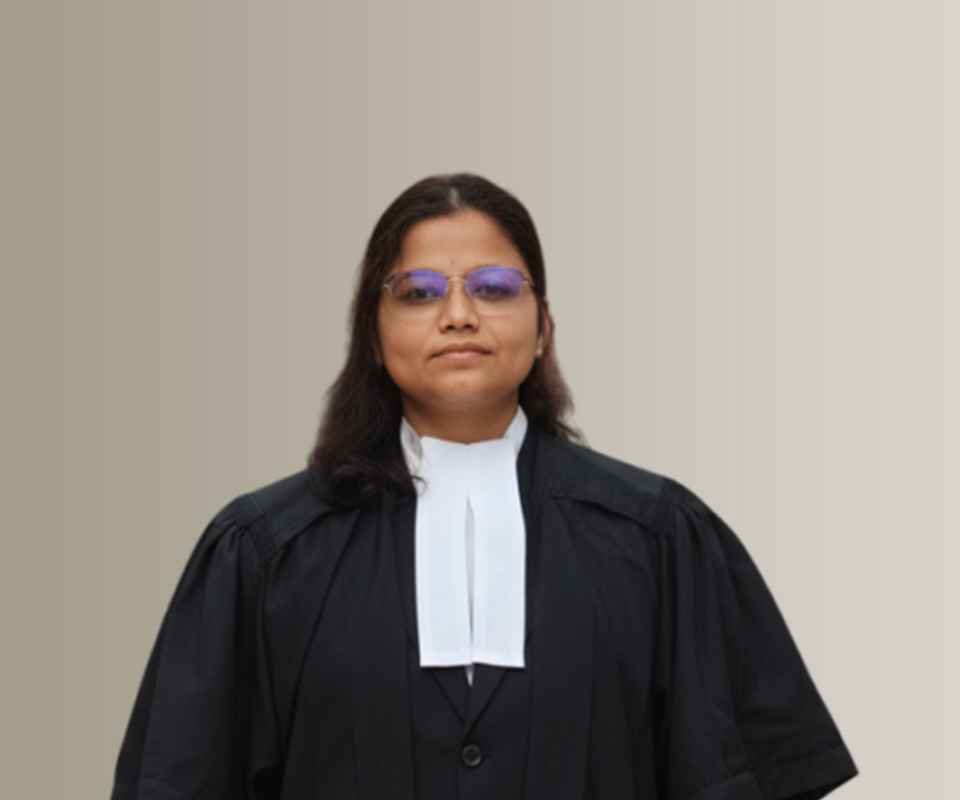Answer By law4u team
Bharatiya Nagarik Suraksha Sanhita, 2023 - Section 238: Effect of errors
No error in stating either the offence or the particulars required to be stated in the charge, and no omission to state the offence or those particulars, shall be regarded at any stage of the case as material, unless the accused was in fact misled by such error or omission, and it has occasioned a failure of justice.
Illustrations:
(a) A is charged under section 178 of the Bharatiya Nyaya Sanhita, 2023, with having been in possession of counterfeit coin, having known at the time when he became possessed thereof that such coin was counterfeit, the word fraudulently being omitted in the charge. Unless it appears that A was in fact misled by this omission, the error shall not be regarded as material.
(b) A is charged with cheating B, and the manner in which he cheated B is not set out in the charge or is set out incorrectly. A defends himself, calls witnesses and gives his own account of the transaction. The Court may infer from this that the omission to set out the manner of the cheating is not material.
(c) A is charged with cheating B, and the manner in which he cheated B is not set out in the charge. There were many transactions between A and B, and A had no means of knowing to which of them the charge referred, and offered no defence. The Court may infer from such facts that the omission to set out the manner of the cheating was, in the case, a material error.
(d) A is charged with the murder of Khoda Baksh on the 21st January, 2023. In fact, the murdered person's name was Haidar Baksh, and the date of the murder was the 20th January, 2023. A was never charged with any murder but one, and had heard the inquiry before the Magistrate, which referred exclusively to the case of Haidar Baksh. The Court may infer from these facts that A was not misled, and that the error in the charge was immaterial.
(e) A was charged with murdering Haidar Baksh on the 20th January, 2023, and Khoda Baksh (who tried to arrest him for that murder) on the 21st January, 2023. When charged for the murder of Haidar Baksh, he was tried for the murder of Khoda Baksh. The witnesses present in his defence were witnesses in the case of Haidar Baksh. The Court may infer from this that A was misled, and that the error was material.
Brefe Detail
This section addresses the impact of errors in the charge against an accused. It specifies that errors or omissions in stating the offence or its particulars are not considered material unless they mislead the accused and result in a failure of justice.
Question & Answers
Q: What happens if there is an error in stating the offence?
A: Errors in stating the offence or particulars are not considered material unless the accused was misled and it caused a failure of justice.
Q: Can an omission in the charge be material?
A: Yes, if the omission misleads the accused and results in a failure of justice, it can be considered material.
Q: What is an example of an immaterial error?
A: If A is charged with possession of counterfeit coin without the word fraudulently, the error is immaterial unless A was misled by it.
Q: How does the court determine if an error is material?
A: The court infers materiality based on whether the accused was misled by the error or omission and if it impacted their ability to defend themselves.
Example
1. A is charged with theft but the charge does not specify how the theft occurred. If A had a clear defense and presented witnesses, the omission may be deemed immaterial.
2. A is charged with cheating B, but the charge fails to detail how the cheating was conducted, and A had no clear idea of which transaction was being referred to. This omission could be considered material.
3. A is mistakenly charged with a murder that did not occur. If it can be shown that A was misled about the identity of the victim, this error is material.
Summary
Section 238 emphasizes that while errors or omissions in the charge are generally not material, they become significant if they mislead the accused and cause a failure of justice. The determination of materiality depends on the specifics of the case and whether the accused had the opportunity to mount a proper defense.







